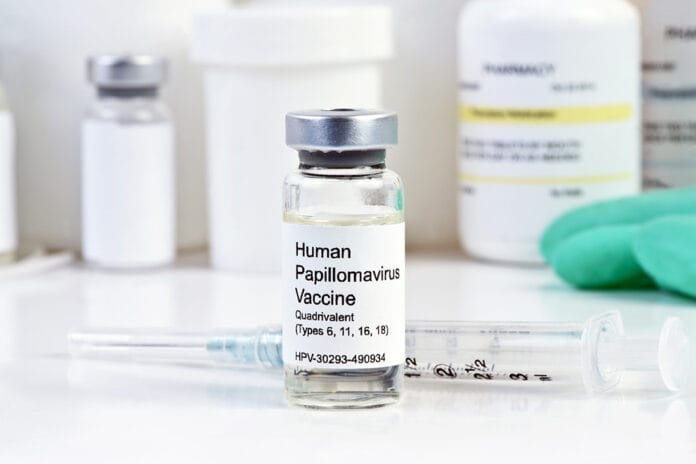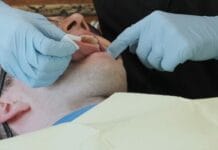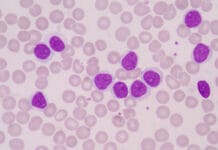Have you ever thought about administering vaccines in a dental office? It sounds very unusual when most of the injections we give in our offices come in the form of local anesthesia but never a medication known to prevent an STD that can lead to cancer.
HPV, or the human papillomavirus, is a sexually transmitted disease that causes cancer not only in your nether regions but in your mouth and oropharyngeally as well. Prevention, without a vaccination, is virtually impossible as these diseases remain unknown and untreated for decades as they lay in wait for their time to appear. The vaccination has been known to prevent 90% of related cancers and has become an essential part of almost every child’s basic vaccination schedule.
But what can we do in our dental offices, with our patients, and their particular problems? Would giving out this vaccination be worth the benefits for our patients? Basically, what do we think, as a professional group, about giving the vaccination in our offices?
One study completed in Michigan leads the charge in broadening how we understand our responsibilities as caregivers. Oral Health Care Professionals Recommending and Administering The HPV Vaccine: Understanding The Strengths and Assessing The Barriers begins the discussion on this new frontier of care.
HPV and the Oral Cavity
If you ask a mother, or you are a mother, you will know how difficult it is to get such vaccines if your child does not go to a pediatrician. Many children see family doctors with the rest of their families, and these doctors are usually not required to offer the vaccines. There is a need out there for easier access to this particular preventative medication.
Cancers and their treatments can be detrimental to our dental health; this has been proven time and again. Sometimes, we are the first to be aware of cancers that begin in the tonsils, tongue, or back of the throat.
We are already taught to look for signs of these cancers through oral cancer screening/exam. Can we be a part of the vanguard to protect our patients further with cancer-preventative measures and detailed educational information?
What Do Practitioners Say?
Over 600 dentists, hygienists, and dental students were surveyed for their opinions, which were then organized and calculated to reach a conclusive answer on what you, dental professionals in general, actually want to do in these instances. The results of these interviews go hand in hand with what we are taught in school: do no harm and always consider what is best for our patients.
The majority of each group questioned believed that administering these vaccines to their patients was a great idea. Over 70% of everyone involved agreed that such a program would be effective, and they would love to learn and implement the process. Detailed results include:
- Over half of all dentists agree to the benefits and would agree to incorporate the vaccinations into their practices.
- Over 60% of hygienists agreed there is a need for such prevention and would give out the vaccines when appropriate.
- More than 82% of dental students and over 70% of hygiene students were confident in the practice and, if allowed by law, would love to give the vaccine to those who need it.
We would not only be taking a step up toward increasing the health and safety of our patients, but we would also be strengthening our relationship with the medical community as a whole. Is it time to widen our reach for our patients’ benefit and educate ourselves on what we can do to increase their quality of life?











